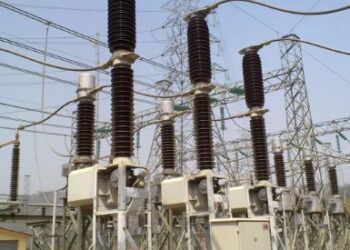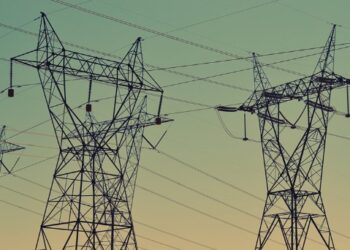The Transmission Company of Nigeria (TCN) announced that it hit a peak transmission of 5,552.80 MegaWatts (MW) on Wednesday at 8.15pm.
This was disclosed by Mrs Ndidi Mbah, General Manager, Public Affairs, in a statement on Thursday.
READ: TCN pushes for DisCos’ recapitalisation
Mrs. Mbah said that Wednesday’s peak transmission surpasses the record set on 30 October 2020, which was 5,520.40MW.
She added that the new peak transmission is a sign of the growth of Nigeria’s electric power distribution, citing that with a transmission potential of 8,100 MW, the TCN enhanced peak transmission at a frequency of 50.08Hz.
READ: DisCos fail to distribute 8,848.24 megawatts of electricity – TCN
Acting Managing Director of TCN, Mr Sule Abdulaziz, stated that TCN will continue building substations to handle the grid and also replace older infrastructure.
- “TCN will continue to build more substations as well as install additional transformers in various substations nationwide. It is also restringing old transmission lines to further increase their capacity to transmit more bulk electricity for Discos nationwide.”
READ: Nigeria secures $210 million facility to boost power infrastructure
What you should know: Nairametrics reported in October 2020 that the Transmission Company of Nigeria (TCN) announced that it hit a peak transmission of 5,459.50MW on the 28th, October 2020.

















